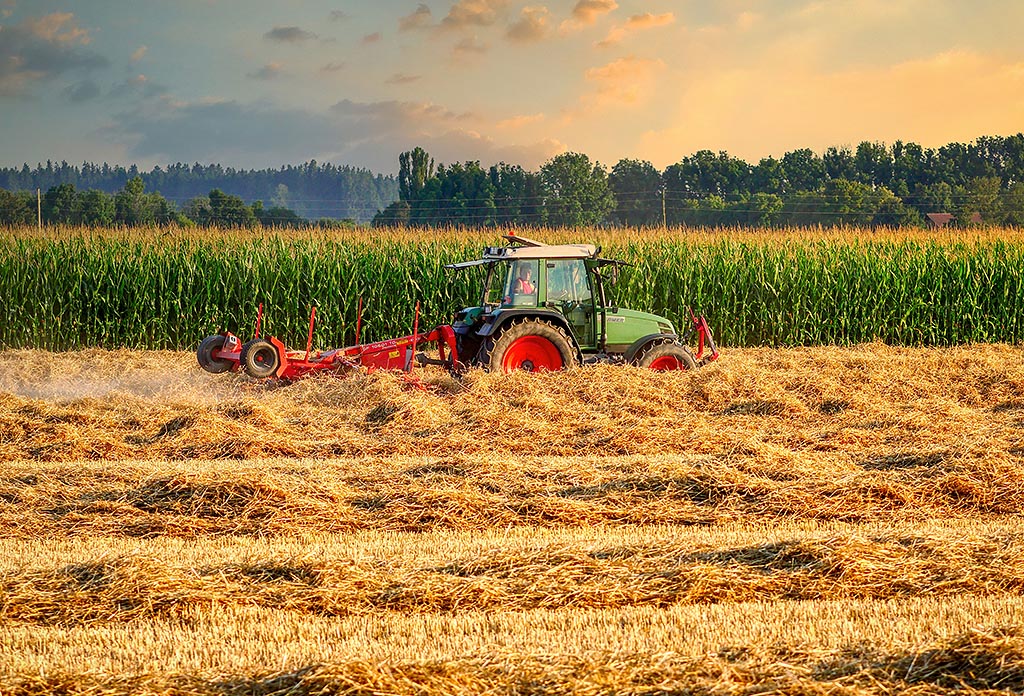Over the past few weeks, farmers in up to ten EU countries have taken to the streets, staging increasingly large demonstrations. In most cases, they are protesting against Brussels’ ideology-driven plans and environmental measures.
So far, the most significant protests have unfolded in France, where demonstrators have blockaded major junctions leading to Paris for several days. This situation, particularly in France, serves as a telling example and a warning for Poles, especially our farmers. It highlights the threats they face and the challenges that await if we do not vehemently oppose the liberal agricultural policy advocated by Brussels and their ally, Donald Tusk,” notes the Polish Wpolityce news site. According to the op-ed’s author, the dire state of French agriculture is not solely the result of an absurd policy but also a consequence of the consistent ideological will of EU leaders. They aim to dismantle family farms, viewed as bastions of tradition, patriotism, and conservatism, in favor of promoting industrial agriculture and the agro-food industry.
Until recently, France held the position of the largest agricultural producer in the European Union, contributing to 17% of the bloc’s total agricultural production. Additionally, it was the primary beneficiary of CAP subsidies, receiving a substantial €9 billion annually out of a total of €58 billion. Although France had been the leading exporter of agricultural products, the landscape has shifted, with imports nearly equaling exports. Currently, France imports 60 percent of its fruit, 50 percent of its poultry, and 40 percent of all the vegetables that it needs.
This trend is indicative of the decline in family farming. Official figures reveal the closure of 200-250 farms every week, reducing the total number to 500,000 farms—half of what it was 15 years ago. Life has become exceptionally challenging for French farmers, enduring workweeks exceeding 70 hours, including Sundays. Vacations are a rarity, with a third of them living in poverty, and most earning barely a few hundred euros a month, falling below the subsistence level.
French farmers are confronted with an intricate web of mandatory regulations, navigating through over 200 EU standards and an additional 150 imposed by the French state.
Many of these regulations emanate from the European Green Agreement. While some carry environmental objectives, which may be theoretically correct, their enforcement within the EU is typically impractical and implemented in an abstract manner. The author of the opinion piece argues that these regulations often lack consideration for the overall situation and, particularly, the human dimension of the issue. The program outlines ambitious goals, calling for a 50% reduction in pesticide usage and a 30% decrease in fertilizer use in agriculture by 2030. It envisions 25% of farms transitioning to fully organic practices by the same year.
However, these goals are impossible to achieve, not least because farmers receive no help to move in this direction. While individual farmers may not inherently oppose organic production, some have shown genuine determination in making the shift. Nevertheless, the trend has faltered in France, and farmers are reverting to conventional production due to the lack of assistance or financial support to sustain organic farming. It’s evident that the Brussels bureaucrats, seemingly disconnected from reality, promoted a program without considering the human aspects of the issue or ensuring its economic feasibility.
The op-ed’s author argues that if the EU adopts a totalitarian and authoritarian approach towards farmers, it will likely revert to its liberal tendencies in dealings with countries outside the EU. Despite having 42 free trade agreements with 74 countries on five continents, including the recently enacted agreement with New Zealand, the EU’s Mercosur deal with Latin America faced a setback. Farmers’ protests led French President Emmanuel Macron to request European Commission President Ursula von der Leyen to suspend the deal temporarily. Such agreements, if implemented, could lead to an influx of inexpensive agricultural products into European countries, posing a threat to family farms.
With its current plans, Brussels – so preoccupied and concerned about the environment – will permit an unlimited import of agricultural products from countries where environmental standards are not respected.
V4NA


